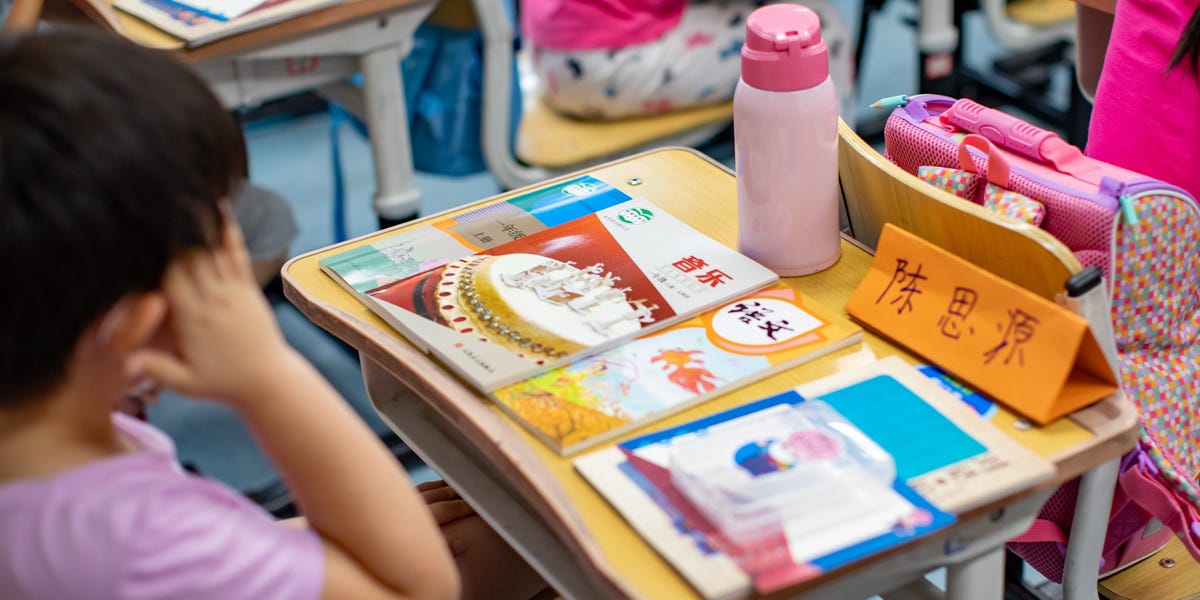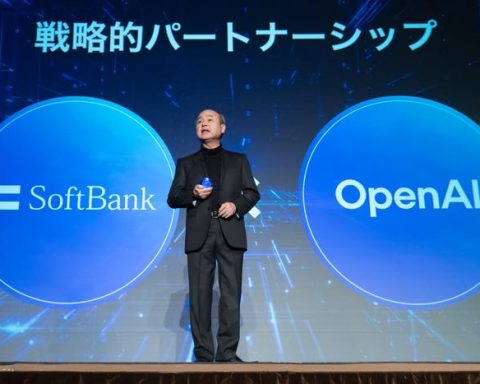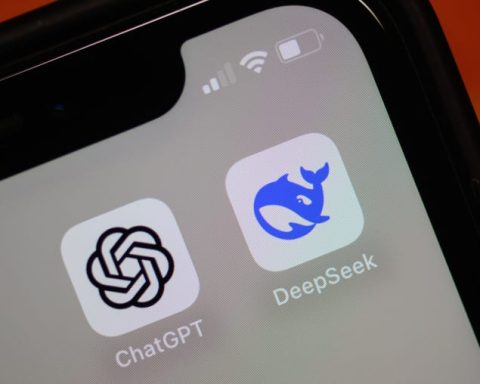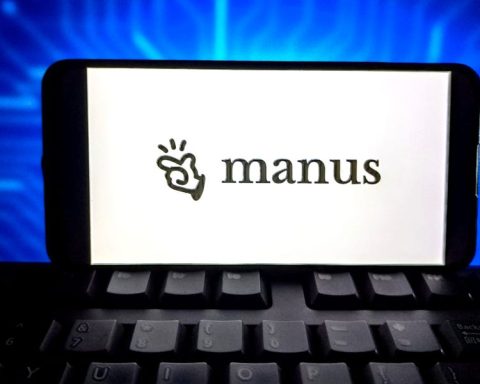AI Education Becomes Compulsory in Beijing Schools
Starting this fall, all schools in Beijing will be required to offer a minimum of eight hours of AI instruction each academic year. This new mandate, announced by the Beijing Municipal Education Commission, applies to students ranging from elementary to high school.
In a significant move, Beijing is prioritizing AI education for its younger generations. The directive necessitates that schools either create specialized AI courses or weave AI topics into existing subjects, such as science and information technology.
Curriculum Breakdown
Under this new initiative:
- Elementary School: Children aged 6 to 12 will participate in hands-on courses designed to introduce them to AI concepts.
- Middle School: Students will learn to apply AI in various aspects of their schoolwork and daily activities.
- High School: Emphasis will be placed on enhancing AI applications and fostering innovation.
China’s education system typically includes six years of elementary school, followed by three years of middle school, and three additional years of high school.
The commission envisions a “teacher-student-machine” learning model that incorporates AI ethics into the curriculum.
A Global Trend Towards AI Education
Beijing is not the only region advocating for the integration of AI in schools. California, for instance, passed a law last year mandating its education board to evaluate AI literacy within school curricula. Additionally, Italy recently announced plans to pilot AI-powered tools in 15 classrooms to bolster digital skills among students.
China’s Push in the AI Sector
The decision to enforce mandatory AI education comes at a time when China is rapidly advancing in the global AI landscape. Notable Chinese startups are making significant waves internationally.
For example, AI startup DeepSeek gained traction earlier this year with its cost-effective reasoning model, which directly competes with established names like ChatGPT at a fraction of the cost. Recently, Alibaba’s stock experienced an 8% rise over two days following the release of its new open-sourced AI model, reportedly requiring less data than DeepSeek’s.
Other Chinese AI stocks, including Tencent, have also benefited from the enthusiasm surrounding these innovative technologies, while leading US-based AI stocks like Nvidia have faced declining performance.











